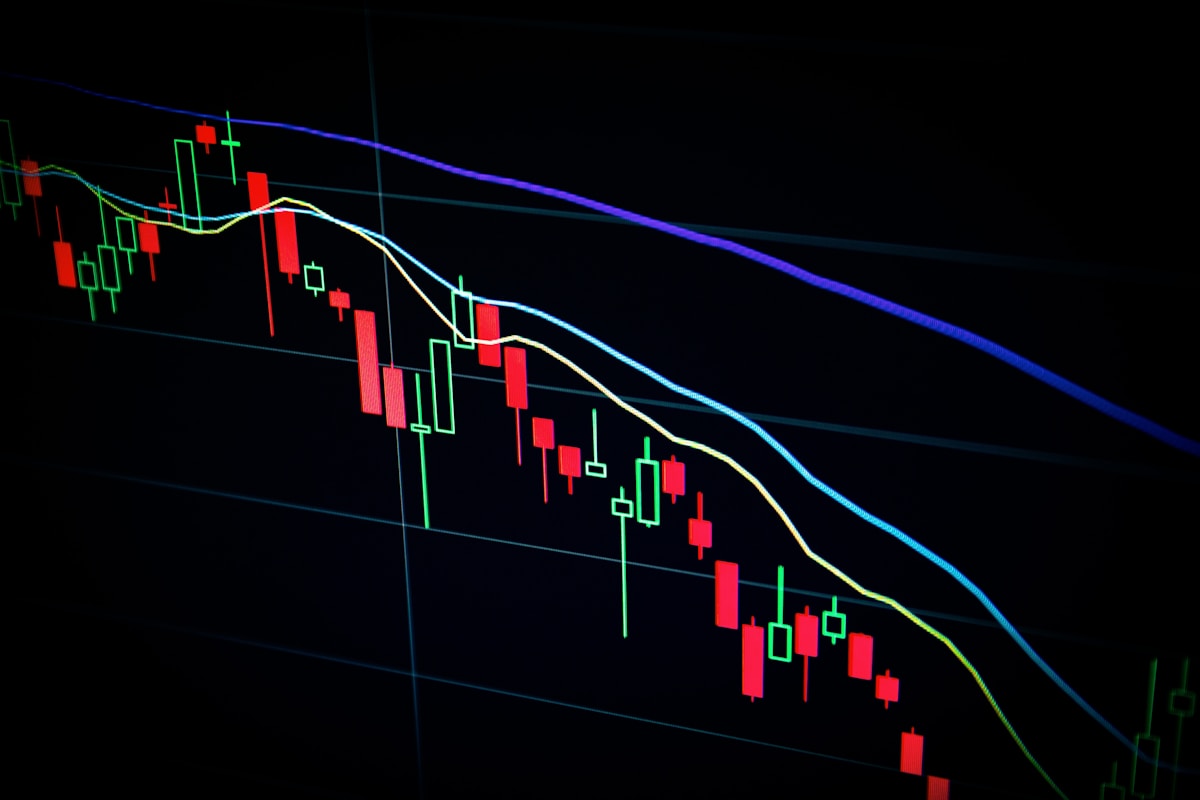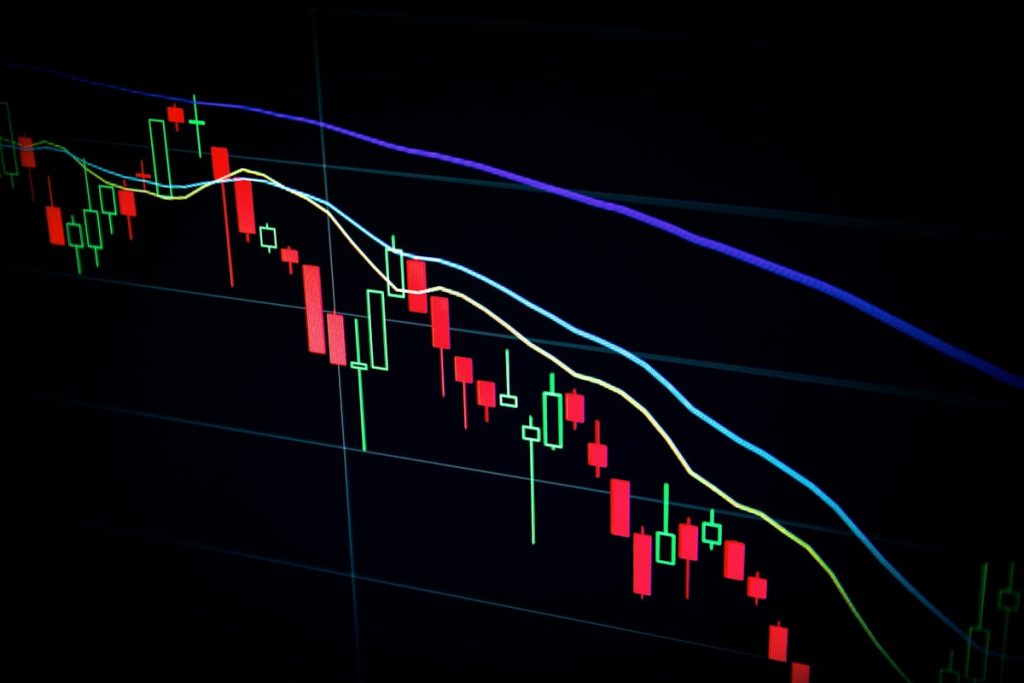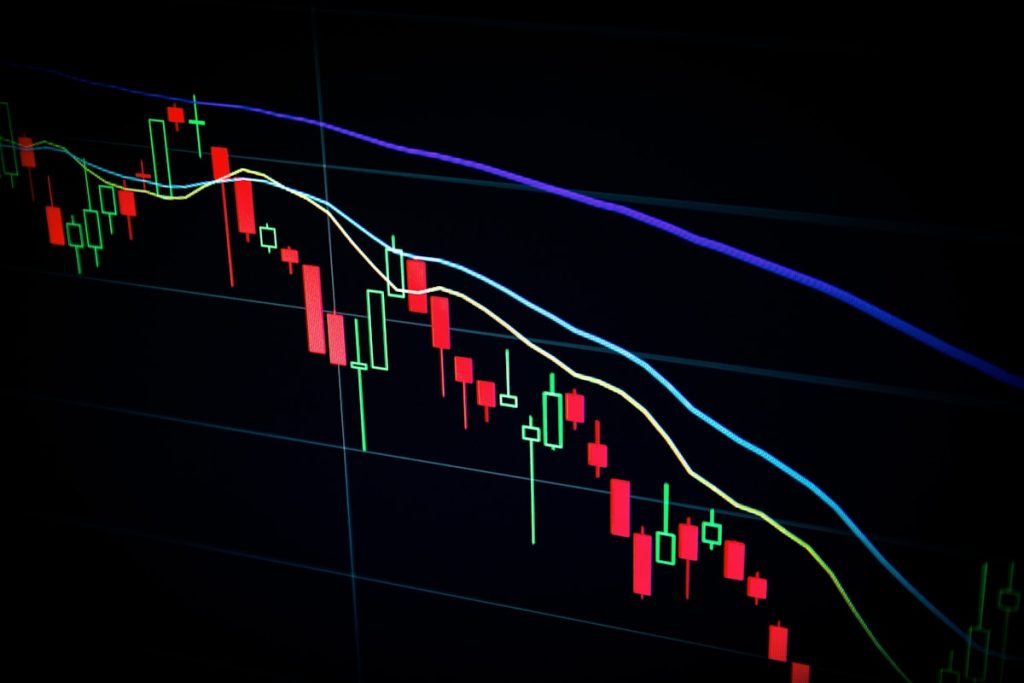Stocks Decline as Trade War Deadline Looms
Market Jitters Over Imposed Tariffs
Global stock markets faced significant downward pressure this week as investors braced for the impending deadline in ongoing trade negotiations between major economies. The S&P 500, Dow Jones Industrial Average, and Nasdaq Composite each fell over 2% in early trading, reflecting heightened anxiety over potential new tariffs. Analysts attribute the sell-off to fears that stalled talks could escalate into a full-blown trade war, disrupting supply chains and corporate earnings.
Key Factors Driving the Sell-Off
- Tariff Threats: Both sides have threatened to impose additional levies on billions of dollars worth of goods if no agreement is reached by the deadline.
- Supply Chain Disruptions: Companies reliant on cross-border manufacturing, particularly in technology and automotive sectors, face uncertainty.
- Currency Volatility: The U.S. dollar weakened against safe-haven currencies like the Japanese yen, signaling risk-averse investor behavior.
Sector-Specific Impacts
Industries most exposed to international trade saw the sharpest declines. Technology stocks, including semiconductor giants, dropped nearly 4% amid concerns over export restrictions. Similarly, industrial and automotive stocks slumped as tariffs could raise production costs. Conversely, defensive sectors such as utilities and consumer staples outperformed, though gains were muted.
Investor Strategies Shift to Safe Havens
With equity markets under pressure, investors flocked to traditional safe-haven assets. Gold prices climbed to a six-year high, while U.S. Treasury yields fell as bond prices rose. The 10-year Treasury yield dipped below 1.5%, reflecting heightened demand for low-risk investments. Additionally, the CBOE Volatility Index (VIX), known as the “fear gauge,” surged over 30% intraday.
Potential Outcomes Post-Deadline
Market participants are weighing two primary scenarios:
- Deal Reached: A last-minute agreement could trigger a relief rally, particularly in cyclical sectors.
- Escalation: If tariffs take effect, analysts predict further equity declines and potential downgrades to global GDP forecasts.
Global Economic Implications
Beyond U.S. markets, European and Asian indices also retreated. Germany’s DAX, heavily reliant on exports, fell 1.8%, while China’s Shanghai Composite dropped 3.1%. The International Monetary Fund (IMF) warned that prolonged trade tensions could shave 0.5% off global growth in 2023. Central banks, including the Federal Reserve, may face pressure to adjust monetary policies to counteract economic headwinds.
Conclusion
As the trade war deadline approaches, markets remain hypersensitive to geopolitical developments. Investors are advised to monitor negotiations closely and consider diversification to mitigate risks. While volatility is expected to persist, long-term fundamentals may eventually stabilize sentiment once clarity emerges.



